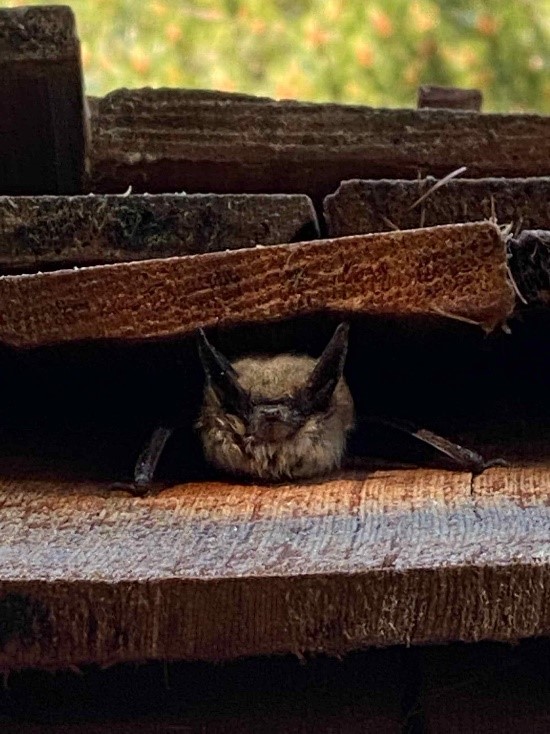Bat conservation
B.C. is home to 15 of the 17 bat species in Canada. In addition, there are two species in Canada that are known only through acoustic records in B.C.
All B.C. bats are insectivorous, with some species also eating spiders and scorpions. Our bats are major predators of forest and agricultural pests and are a vital part of healthy ecosystems. While many people fear bats, in reality we need the ecosystem services provided by bats and in turn bats need our help to reduce threats to their populations.
Bats in B.C. face many threats, including habitat loss and alteration from forestry and urban and agricultural expansion, wind farms, and the emerging threat of white-nose syndrome, a fatal bat disease. These diverse threats means that we need to develop a coordinated, holistic approach to ensure resilient bat populations.
Program partner: BC Bat Action Team
The British Columbia Bat Action Team (BC BAT) is a group of professional biologists, academic researchers, veterinarians, environmental educators, students, naturalists, wildlife rehabilitators, government biologists, and individuals who are interested in bat conservation in BC.
BC BAT provides valuable input into development of provincial bat survey standards, best management practices for various sectors that have impacts on bats and bat habitat, conservation and recovery of bat species at risk, education and outreach, and identification of bat research and conservation priorities. This cooperative model helps ensure that diverse voices are incorporated into identifying provincial priorities.
In 2016, BC BAT met to develop a plan outlining goals and actions required to conserve bats. Since that time, the group has met regularly to review and update the BC Bat Action Plan and help shape the future of bat conservation in the province.
Many of the key priorities identified in the BC Bat Action Plan are being tackled through the projects implemented with partners across B.C. The primary initiative are listed below:

